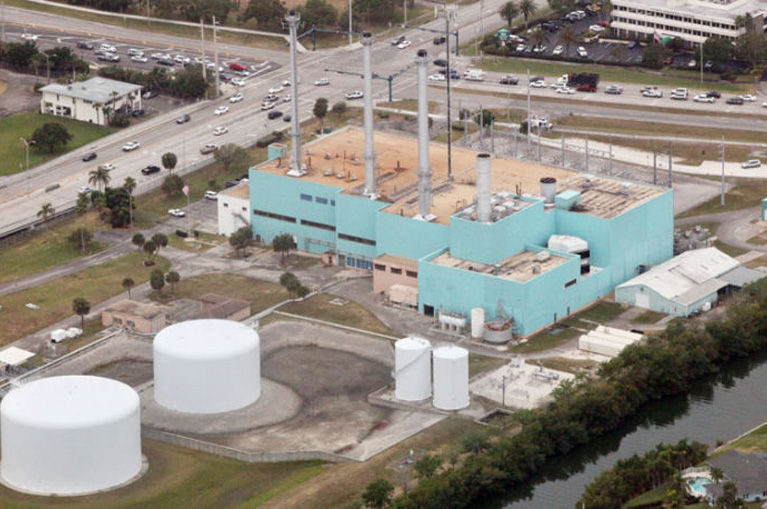
VERO BEACH — On Oct. 1, customers of Vero electric will get a surprise rate hike giving them the fifth highest electric rate in the state of Florida – a full 40.4 percent higher than the rates of Florida Power and Light.
Was Vero Beach City Council consulted on this latest rate hike?
No, but the council has no authority over electric rates anyway. No vote is required to raise rates at any time.
The council members were not notified at the Sept. 17 council meeting.
The Vero Beach Utility Advisory Commission voted Tuesday to approve the staff’s rate sufficiency analysis, which included the recommendation of a 1.9 percent rate increase.
A combination of higher fuel costs and lower-than-expected consumption resulted in a nearly $1 million shortfall in utility revenues, prompting staff to seek more money from the pockets of the city’s 34,000 ratepayers.
When asked if she’d been told about the increase, Councilwoman Pilar Turner said, “No, the council was not given a heads-up about the increase,” adding that she got a copy of the staff memo to the Utilities Advisory Commission in her council mailbox on Monday.
Turner said she had earlier been given the same assurance that sister publication Vero Beach 32963 received on Sept. 6 in an email from the city manager.
“We do not plan to have any rate adjustment proposal to Council on the 17th. Our rate sufficiency numbers indicate that if a rate adjustment is necessary it would be closer to the first of the year,” O’Connor said at that time.
But Turner said she was not surprised by the rate hike, as City Manager Jim O’Connor “went with the lowest possible estimate for fuel costs in the budget, in my opinion to keep the rates artificially low for a while, so it was inevitable that rates would need to go up.”
Regardless of who knew what and when, rates are going up $2.50 per month for a family that uses 1,000 kilowatt hours, or $6.24 for 2,500 kilowatt hours, which is average household usage on the island.
The rate for 1,000 kilowatt hours is rising from $128.43 to $130.93. The rate for 2,500 kilowatt hours is rising from $347.89 to $354.13.
Florida Power and Light’s rates are $93.23 for 1,000 kilowatt hours and $252.76 for 2,500 kilowatt hours.
Vero’s rates are already 38 percent higher than FPL and after Oct. 1 will be 40.4 percent higher.
In the summer of 2009, when rates peaked due to bad hedging decisions by the Florida Municipal Power Agency on natural gas, Vero crept up to 58 percent higher than FPL.
In Florida, only Chatahoochee, Bushnell, Key West and Bartow, where O’Connor was city manager for 14 years, will have higher rates after the Vero increase is implemented.
Key West’s rates are exceptionally high because of transmission, distribution and maintenance costs over 180 miles of the Florida Straits.
Utility activist and CPA Glenn Heran, who has studied Florida electric rates and market factors since 2007, said he anticipated the rate increase because utilities across the state are reporting higher fuel costs.
Natural gas is coming off historic lows and gas extracted through fracking is nudging prices up.
“The rate increase is certainly no surprise. It’s an inefficient government-run bureaucracy that buys over 90 percent of its power from other government-run electric utilities,” Heran said. ”Over the last 6 years, nothing in my study of Florida’s city-owned utilities has caused me to reach any other conclusion.”
Heran said he was also not surprised to find out that consumption was weak, as electric customers tend to begin conserving when prices hit a certain point, and the city rates have hovered at nearly 38 percent higher than FPL for all of 2013.
When consumption lags, it’s tougher to meet the city’s fixed costs, which include not only maintaining an aging power plant, but also rising pension and health insurance costs for the utility’s 112 employees.
“The analysis is clear,” Heran said. “Government-run utilities cannot compete.”
Vero is not alone in making adjustments based on the fuel market.
Pressure from fuel prices is so great that even FPL, which has the lowest electric rates in the state, announced earlier this month that it would pass along a small fuel adjustment to customers beginning in January.



